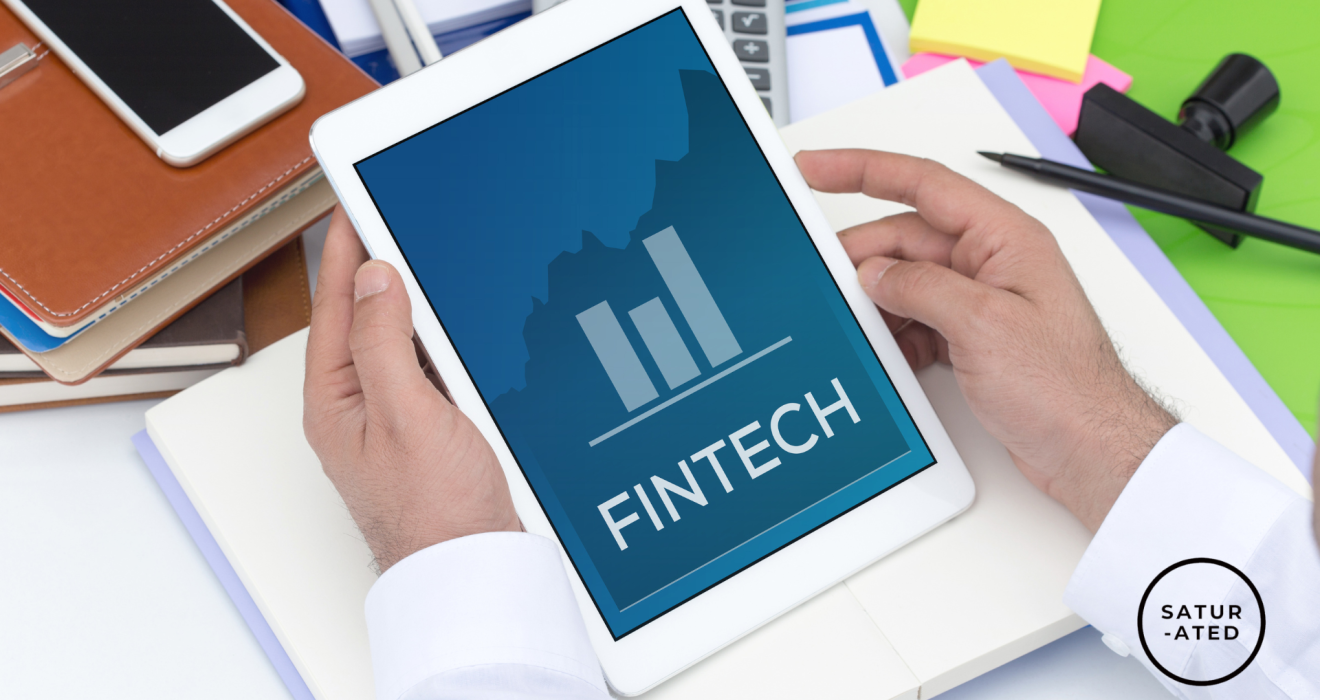5 things I learnt about African fintech at Seamless Africa 2024
The Seamless Africa 2024 conference highlighted the transformative journey of fintech in Africa, showcasing its role as a powerful catalyst for economic inclusion, technological innovation, and financial accessibility across the continent.
- Blockchain in finance
This offered market-leading tools for data privacy across the different layers of software stacks, thereby allowing the selective sharing of data in the business network. This improves trust and transparency while maintaining confidentiality and privacy.
It also enhanced cross-border payments in fintech, which helps reduce costs, increase efficiency, and improve financial security. Specifically, financial institutions can use blockchain technology to efficiently process remittances between two countries.
- Artificial Intelligence
AI in fintech is the application of artificial intelligence technologies to enhance various financial services and processes. It was explained as fraud detection, risk management, customer service, and investment analysis by leveraging machine learning, natural language processing, and predictive analytics.
I learnt that the impact of AI fintech is that the adoption of the latest iterations of artificial intelligence by financial markets can improve risk management and deepen liquidity.
- Cyber Security
Cybersecurity helps maintain consumer trust in fintech companies by safeguarding financial transactions and customer data. This reassures customers that their information and money are safe. It also enables fintech businesses to avoid identity thefts, money theft and laundering, data breaches, data leaks, application breaches, cloud security risks, spoofing, and malware attacks.
Through network security, intrusion detection systems, malware protection, and other cybersecurity measures, financial institutions can prevent cyber attacks and mitigate their impact.
- Internet of Things
IoT in the finance sector facilitates advanced security protocols with continuous remote monitoring and control of CCTV cameras, smart alarm systems, and other surveillance technologies in branches, ATMs, and data centres
.For instance, IoT sensors in a car can alert the owner about potential maintenance issues, and banks can offer financing options or insurance solutions in real-time. IoT can be used to monitor and manage urban consumption such as traffic lights, parking metres, waste management systems and public transportation.
- Cloud Computing
FinTech companies using Cloud-based solutions can brainstorm unique ideas and product iterations, allowing them to do faster rollout and testing. In fact, the Cloud allows companies to simultaneously provision safe environments while monitoring for compliance. The best Cloud provider for Fintech is AWS followed closely by Azure and GCP. Each provider guarantees robust uptime, ensuring minimal disruptions to FinTech operations.
The discussions and insights from Seamless Africa 2024 highlight the transformative potential of fintech across Africa, particularly in fostering financial inclusion, advancing digital payment systems, and streamlining regulatory frameworks. As African fintech companies continue to innovate, they are not only creating solutions that address local needs but also setting trends that influence global fintech practices. The event showcased how collaborative efforts among governments, private sectors, and tech innovators are essential in unlocking Africa’s digital financial future.


